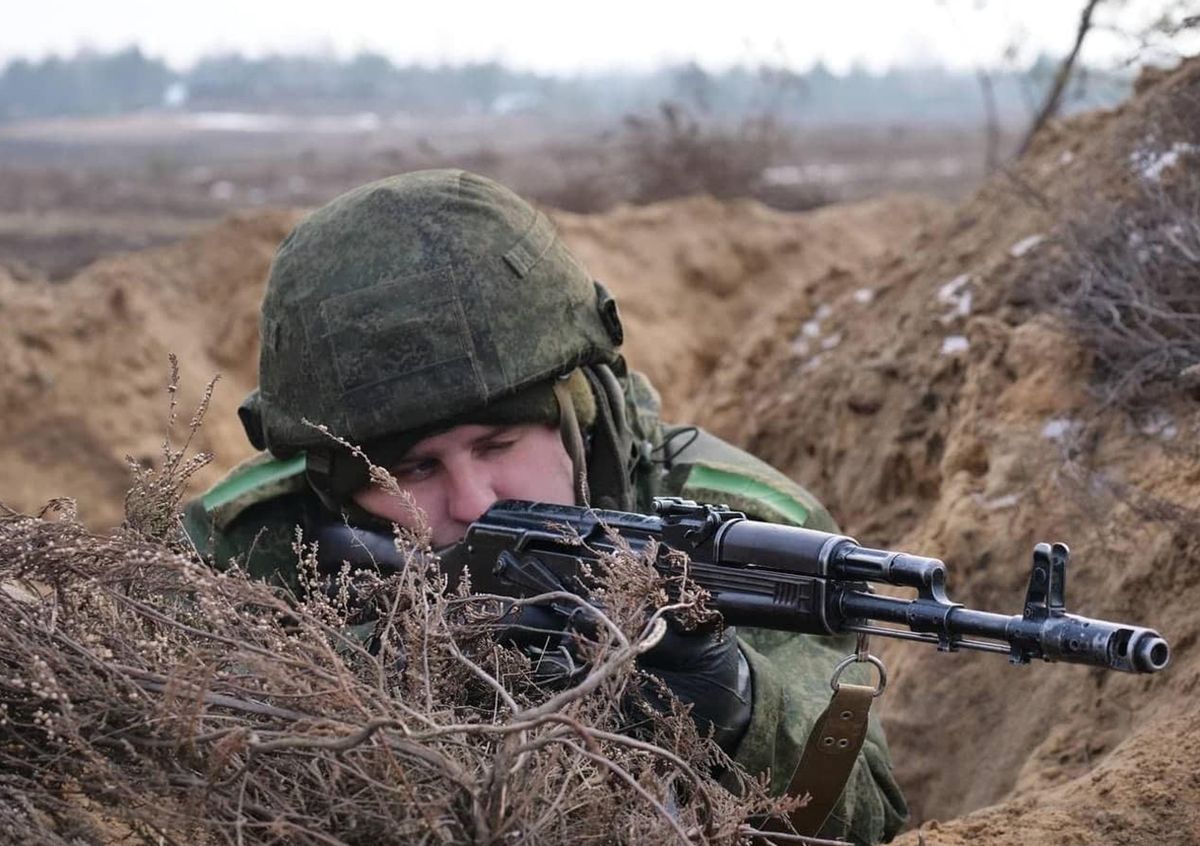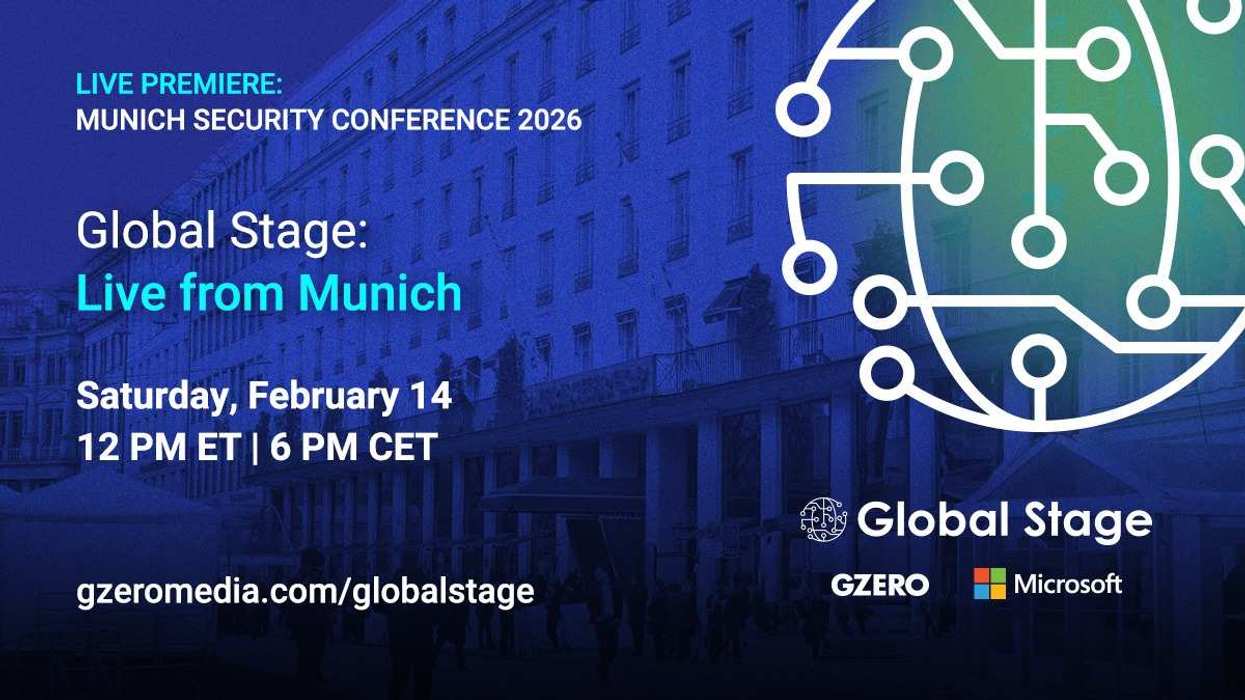Ukraine war spillover
As President Joe Biden meets with EU and NATO leaders this week, they’ll be talking about how best to prevent the war in Ukraine from spilling across borders. But Russia’s President Vladimir Putin will have much to say about that, particularly as he tries to punish Ukraine’s Western backers for making the Russian military’s job in Ukraine much tougher and for waging war on Russia’s economy via sanctions. On Wednesday, Putin announced that “unfriendly countries” that want to buy Russian natural gas must pay for it in rubles. That would force Europeans hungry for Russian energy to boost Russia’s sagging currency, which would help Putin finance his war in Ukraine. There is already much behind-the-scenes discussion in Europe on how to avoid that problem.
But war spillover can move in multiple directions. In August 2020, Alexander Lukashenko secured a sixth term as president of Belarus by rigging an election. Fed-up protesters took to the streets, and a cycle of protest and repression plunged the country into turmoil until backing from Putin allowed Lukashenko to crush most dissent. Plenty of Belarusians, including tens of thousands who fled to Ukraine and other countries, would still love to send Lukashenko packing. Thanks to the Belarusian president’s willingness to allow Russia to use his country to launch attacks in Ukraine — and the possibility he would contribute troops to Russia’s effort — lots of Ukrainians want him gone too. If the war in Ukraine is fought to a stalemate, and if continuing flows of Western weapons allow Ukrainians to launch a sustainable military insurgency against Russian occupiers, it’s entirely possible that militancy will expand across the border into Belarus. That means Ukrainian and Belarusian fighters working in coordination, with arms flowing from Ukraine into Belarus. That would threaten Lukashenko’s pro-Russian government on a scale he has never faced.
Biden bolsters trade ties ahead of Europe talks
Ahead of President Joe Biden’s meetings in Europe today, the US announced a new trade accord with the UK. The deal will lift US tariffs on British steel and aluminum for “historically-based sustainable volumes,” and Brits will remove their own tariffs on American whiskey, motorcycles, and tobacco. It's the latest effort by the Biden administration to mend ties with US allies — and keep them united with Washington against Russia — by scrapping tariffs imposed by former President Donald Trump (although Canada still resents Biden-approved American subsidies for electric vehicles under the USMCA). The agreement will require UK steel companies that want to export to the US to audit possible influence by China and share their findings with American authorities. Why? To prevent cheap Chinese steel — which remains under Trump-era US tariffs that Biden has kept in place — from finding a backdoor into the American market without paying duties.
Modi’s trade policy U-turn
In another trade policy shift, India’s famously protectionist PM Narendra Modi has been quietly rekindling talks to sign free trade agreements with a handful of countries. After inking an FTA with the United Arab Emirates last month, Modi is now set to sign another trade deal with Australia in the coming weeks. Similar talks are in the pipeline with Canada, Israel, the UK, and the EU at a time when India is eager to attract foreign investment to help the economy recover from the pandemic. But India remains reticent to join big regional trade accords, such as the RCEP — mainly because it includes rival China — or the revamped TPP, which China also wants to join. Also, Modi will be wary of any trade negotiations that could hurt Indian agriculture — even more so after caving last year to widespread protests by repealing laws aimed at liberalizing the farming sector. Upshot: Modi is no longer as protectionist as he was when he came into office, but don't expect him to turn into a born-again free-trader.


















